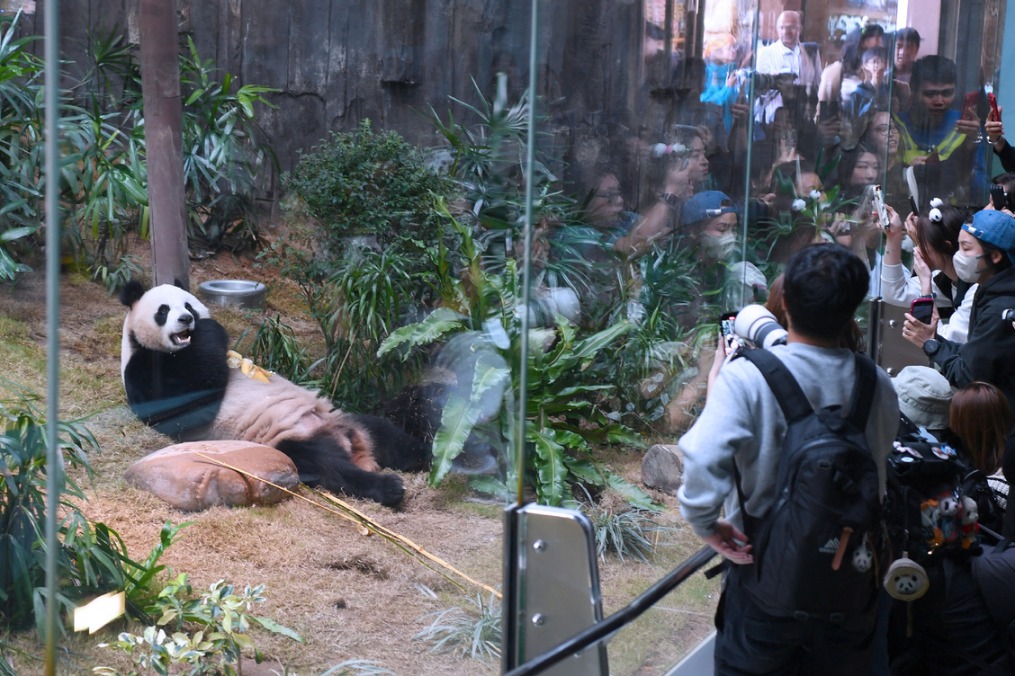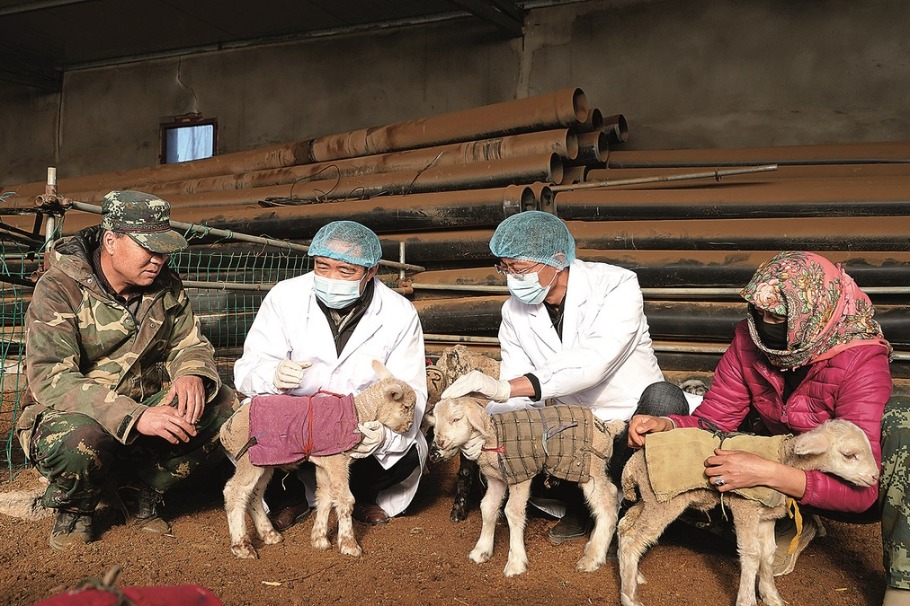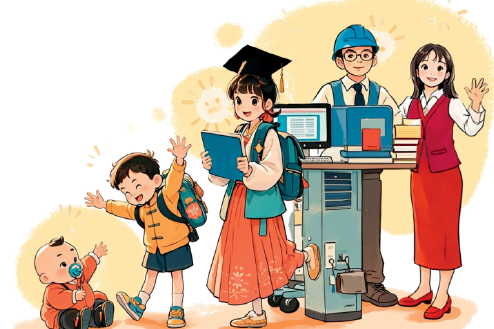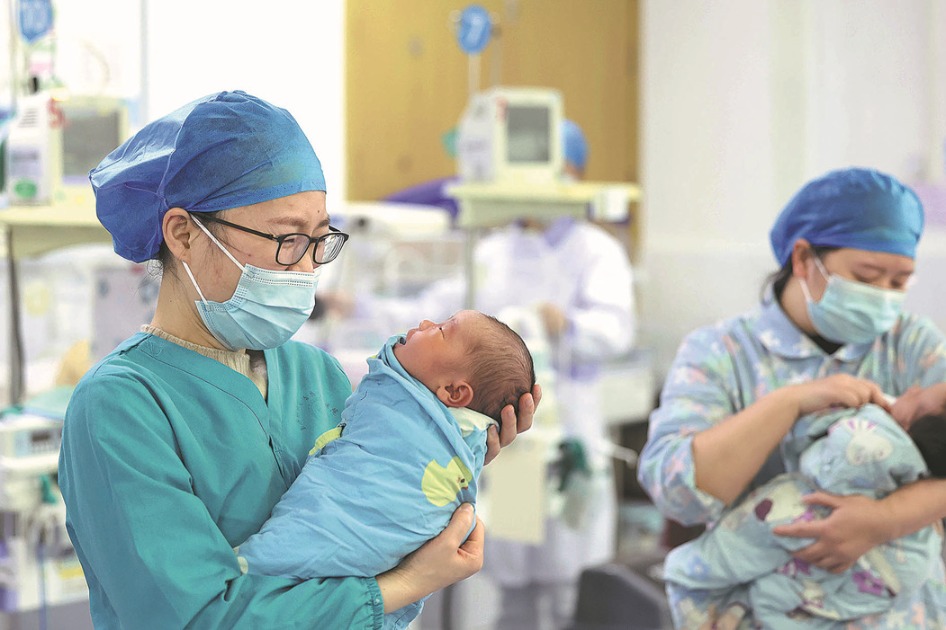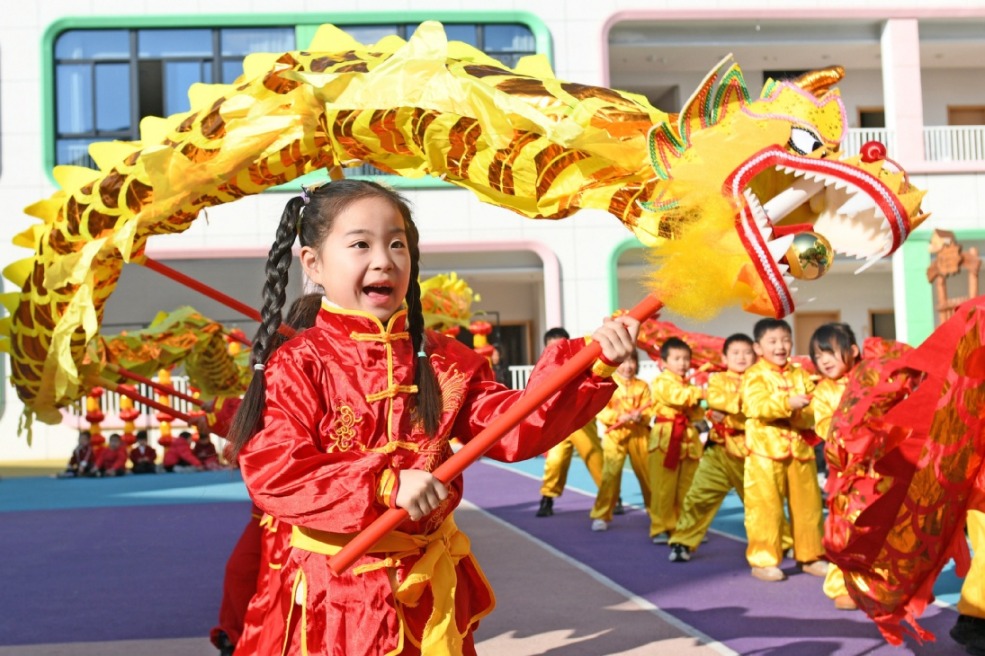Press freedom is not leeway to lie

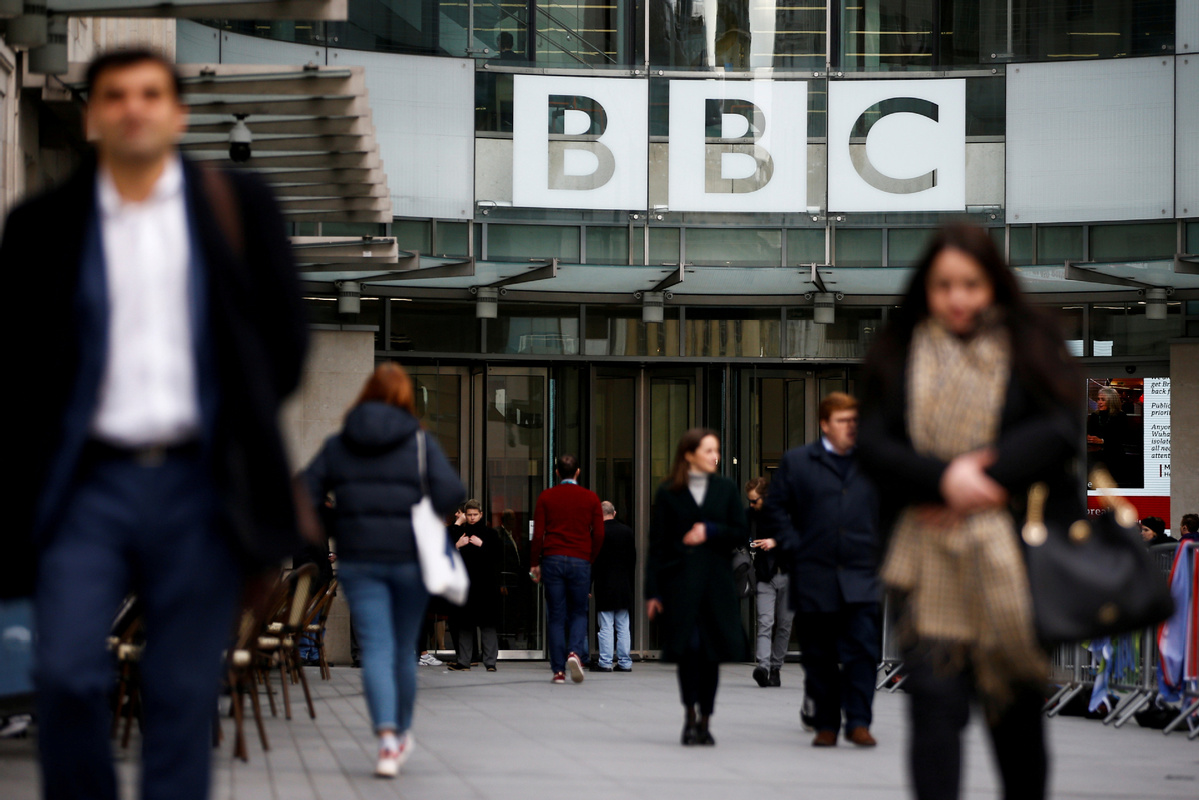
On Tuesday, the UK embassy released an article in Chinese on its official WeChat account attributed to Ambassador Caroline Wilson with the headline "Do foreign media hate China?". It said that some Chinese media were claiming that foreign media outlets' criticism of China proved their dislike of the country, mentioning China Daily as an example of the Chinese media calling its Western counterparts "China-haters".
In fact while we are critical of the reporting of some Western media outlets on China because of the prejudice and lies that characterize their reporting on China, the China-haters we were referring to are those Western politicians whose dislike of China seems to know no bounds. They seem happy to make spiteful remarks that bear no relation to the truth simply in the hope of smearing China's image or causing trouble for it.
What earned these "China-haters" that moniker is their own words and deeds.
The reason why the reports of some Western media outlets are met with scorn in China is because they seem content to follow the lead of these malice-mongers.
No doubt the UK ambassador is aware that the BBC has been pulled off the air in China since Feb 12. That was not because its reporting was critical of China, but because it was proven to have repeatedly fabricated and spread lies in its reports.
The UK ambassador should know that press freedom is not tantamount to having a license to spread rumors and hatred.
And it is not just the BBC. Many Western media outlets "reporting" on the rioting in the Hong Kong Special Administrative Region in 2019 were guilty of employing a double standard. Arguably, the nature of their reporting and their sizable presence in search of "the story" contributed to the escalating violence of the rioting.
China holds an open mind to the world and recognizes that there will sometimes be criticism and questioning of its actions. However, there is a fundamental difference between criticism and rumors and lies. The former means different views on the facts. The latter is the distortion, and even fabrication of what are purported to be "facts".
Thursday marks the opening of the annual Two Sessions, and as always, the sessions are welcoming domestic and foreign journalists alike.
It is hoped that the foreign reporters take the opportunity to ask questions and report the true facts about China.




















